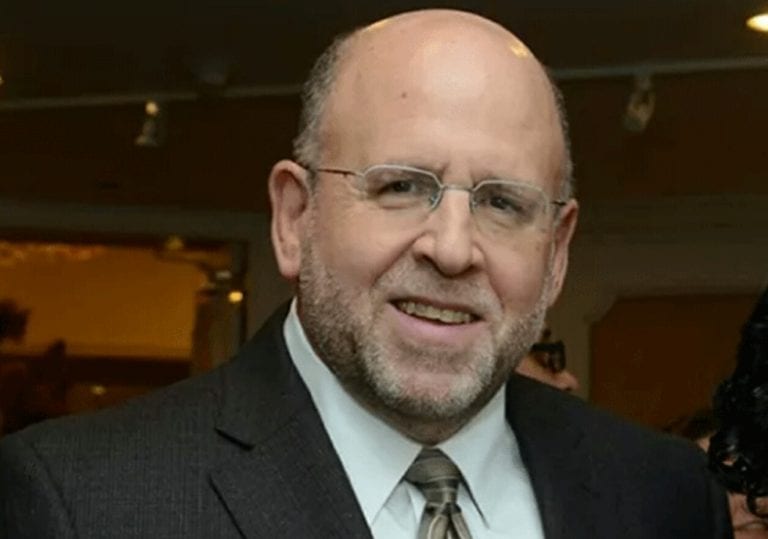
By Andrew Malekoff
The Pew Research Center, a non-partisan fact tank, studied a number of critical issues in 2020 through their public opinion polling and demographic research. Not surprisingly, topping their list of “20 striking findings from 2020” was the impact of the global pandemic.
They found that “for the first time since at least the Great Depression, a majority of young adults in the U.S. were living with their parents.”
This is consistent with the fact that 40-percent of adults in the U.S. reported that they or someone living in their household lost their job or sustained a pay cut, with young adults leading the way in that category.
My sons became instantly unemployed soon after the full force of the pandemic hit the New York metropolitan area in March-April 2020.
My youngest, a tattoo artist, did not resume work until Gov. Cuomo reopened tattoo parlors on July 6, after a three-month shutdown. My eldest who works in the restaurant industry continues to look for work, nine months later.
Both of my boys would likely be back in their childhood home if not for stimulus checks and unemployment insurance, as well as relatively small “bridge” loans from the “Mom and Dad Payroll Protection Program” early on when the need for relief was greatest and the federal bureaucracy nearly impossible to navigate.
Imagine the desperation felt by millions of unemployed Americans, and particularly those with young children, empty cupboards, no savings and little or no extended family support. It is no wonder that the lines at food banks have grown longer with each passing month. Paralleling the rising frustration for struggling families inside the homeland is the unfavorable perception of the U.S. by once staunch allies abroad.
According to Pew, the share of people from countries with a favorable view of the U.S. fell to its lowest level in recorded history. The dramatic decline was attributed to a combination of factors including Donald Trump taking office and the widely-held perception of our mishandling the COVID-19 outbreak.
The president hangs his hat on the early China flight ban and subsequent launch of Operation Warp Speed which, respectively, aimed to prevent the early spread of the coronavirus and accelerate the development of a vaccine.
Credit is due, as the benefit of these initiatives cannot be underestimated. At the same time, though, the Trump administration’s reluctance to consistently encourage and model the use of masks and social distancing are widely viewed as major contributing factors to the deepening divide among Americans and the mounting hospitalization and death toll that now stands at more than 330,000.
In reviewing Pew’s year-end findings, I am reminded from my undergraduate days of studying economics that statistics can be interpreted to justify conflicting viewpoints. Nevertheless, there is little debate that we are a more deeply divided nation than any time in recent memory; some historians have surmised not since the Civil War.
One of the things that distinguish the divisions in 2020 as compared to the early 1860s, is that a majority of Americans today are poked and prodded by the pervasiveness of social media and the partisanship of conventional media on a daily basis.
This seems so much so, that it has become difficult for millions of Americans to differentiate fact from fiction, evidence-driven data from disinformation, myth from reality and truth from falsehood.
In their mission statement, Pew states that “Fact-based information is the fuel that democracies run on—the raw material from which societies identify problems and construct solutions.”
Despite the nobility of this standard, I must agree with observers who have concluded that we are living in a post-truth environment where appeals to emotion, repetitive talking points, deception and conspiracy theories rule the day. All of which begs the question, how can we find our way without truth?
Yuval Noah Harari, lecturer at the Hebrew University of Jerusalem, commented that scholars throughout history have grappled with a dilemma characterized by the following questions: “Do they serve power or truth? Should they aim to unite people by making sure everyone believes in the same story, or should they let people know the truth even at the price of disunity?”
It is clear that in the United States the “unity above truth” principle has not worked despite the fact that it has been sown into the fabric of the nation with repeated exposure to four years of fractured fairy tales doled out by the outgoing administration and their media surrogates.
As we advance into 2021, with 2020 hindsight, let’s give truth a chance.
Andrew Malekoff is a New York State licensed clinical social worker.






